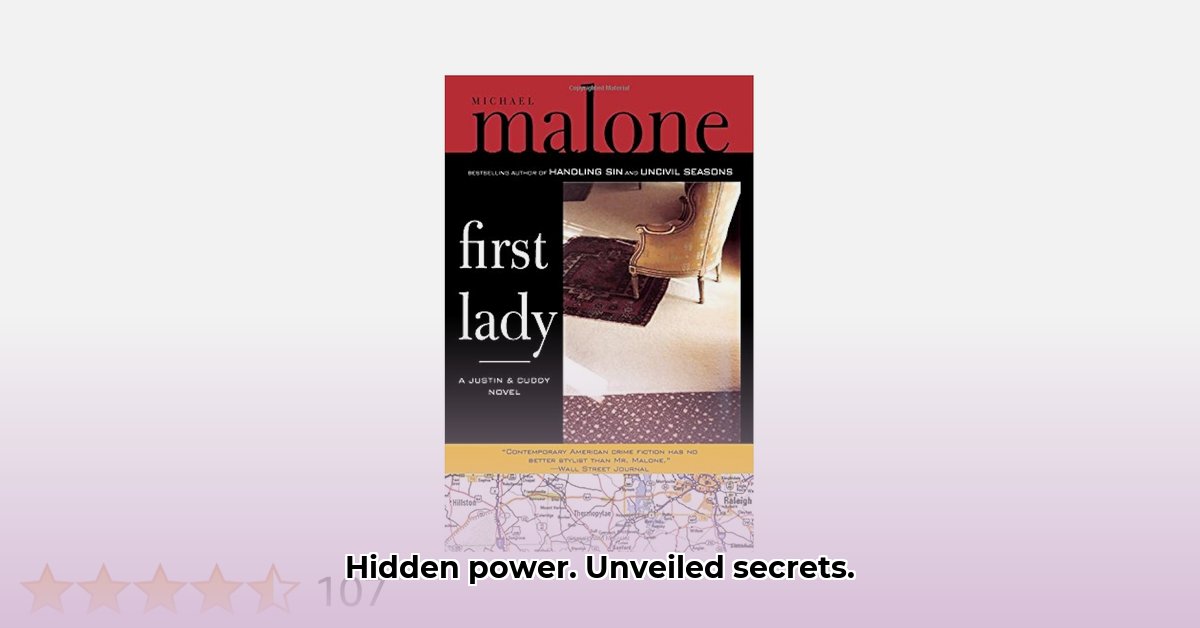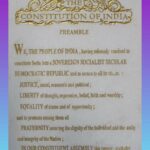From Martha Washington’s quiet dignity to Jill Biden’s commitment to education, the role of First Lady has undergone a fascinating metamorphosis. This evolution reflects not only the changing landscape of American society but also the increasingly nuanced dynamics of power and influence in the public sphere. How did this unelected position, absent from the Constitution, become such a potent force in American life? This exploration delves into the captivating journey of the First Lady, revealing the intricate interplay of tradition, innovation, and the enduring pursuit of progress.
From Domesticity to Diplomacy: A Shifting Paradigm
The earliest First Ladies navigated a world defined by rigid social expectations. Their primary role was as hostess, managing the social functions of the White House and upholding an image of domestic grace. Martha Washington, the first to hold this unofficial title, established a precedent of elegant hospitality and decorum, setting the stage for future generations. However, the seeds of change were sown even in these early years. Abigail Adams, wife of John Adams, engaged in intellectual discourse and offered political counsel to her husband, foreshadowing the expanding influence of future First Ladies. Dolley Madison, known for her social grace and political acumen, skillfully navigated the complexities of Washington society, further demonstrating the potential of the role to extend beyond the domestic sphere. The evolution from domesticity to diplomacy was a gradual but significant shift, reflecting the changing perceptions of women’s roles in American society.
The 20th Century: A Crucible of Transformation
The 20th century witnessed a seismic shift in the role of the First Lady. Eleanor Roosevelt, wife of Franklin D. Roosevelt, irrevocably shattered the mold of the demure hostess. She embraced social activism with unprecedented fervor, championing civil rights, women’s rights, and a multitude of humanitarian causes. Her tireless advocacy, public speaking engagements, and extensive travels, including fact-finding missions during World War II, redefined the position, transforming it into a platform for social and political change. Eleanor Roosevelt’s legacy lies not only in the specific causes she championed but also in her bold reimagining of the First Lady’s potential for impact.
Following Eleanor Roosevelt’s groundbreaking precedent, subsequent First Ladies continued to reshape the role. Jackie Kennedy, with her iconic style and dedication to cultural preservation, brought a new dimension to the position. Her efforts to restore the White House and her emphasis on the arts and culture elevated the image of the First Lady on the global stage. Betty Ford, with her candidness about her personal struggles with breast cancer and addiction, broke down societal barriers and became a powerful advocate for women’s health and social awareness. Rosalynn Carter tackled mental health issues, demonstrating the First Lady’s potential to address complex and often stigmatized topics. Each of these women, in their unique way, contributed to the evolving definition of the First Lady, demonstrating the power of individual agency within a historically defined role.
The Modern Era: Navigating the Digital Age
The advent of mass media, and later the internet and social media, brought new opportunities and challenges for First Ladies. Hillary Clinton, a lawyer and policy advocate, actively participated in policy discussions, sparking debate about the appropriate role of a First Lady in the political arena. Laura Bush, a former librarian, championed literacy and education initiatives, highlighting the power of the position to promote positive social change. Michelle Obama, with her focus on health, education, and women’s empowerment, leveraged digital platforms to connect with a broader audience and mobilize support for her initiatives. Melania Trump emphasized cyberbullying awareness and supported children’s causes. Jill Biden, an educator, continues to advocate for the importance of education and access to affordable childcare. The digital age has amplified the First Lady’s voice, providing unprecedented reach and influence while also intensifying the scrutiny they face.
A Legacy of Influence: An Enduring Narrative
The narrative of the First Lady is a compelling testament to the power of individual agency within a historically defined role. It underscores the dynamic interplay between tradition and innovation, and the enduring quest for positive change. As we look to the future, the role of the First Lady promises to continue evolving, shaped by the unique contributions of each individual and the ever-shifting social and political landscape. The First Lady is more than a title; it represents a powerful platform for advocacy, a reflection of societal values, and a symbol of the ongoing pursuit of a more just and equitable world.
- Unlock Filipino Culture: A Deep Dive into Traditions and Practices - April 23, 2025
- Unlock Spanish Culture: Insights & Opportunities Now - April 23, 2025
- White Spirit Uses & Substitutes: A Deep Dive for Pros & DIYers - April 23, 2025
















